Fado Shows in Lisbon: The Soul of Portuguese Music
Fado is more than just a music genre—it is the heart and soul of Portugal. With melancholic lyrics, haunting melodies, and deep emotional expression, fado originated in Lisbon’s historic neighborhoods and was recognized as an Intangible Cultural Heritage of Humanity by UNESCO.
If you are in Lisbon and want to experience this unique musical tradition, you’ll find numerous fado shows across the city, from traditional fado houses to modern performances in casual settings. This guide will help you discover the best places to watch fado shows in Lisbon, understand its history, and learn how to fully enjoy this unforgettable experience.
1. The History and Essence of Fado
Fado was born in the early 19th century in Lisbon’s working-class neighborhoods like Alfama, Mouraria, and Bairro Alto. Its exact origins remain uncertain, but historians believe it was influenced by sailors’ songs, African rhythms from Portuguese colonies, and the melancholic ballads of the poor urban communities.
The word “fado” comes from the Latin fatum, meaning fate or destiny—a recurring theme in fado lyrics, which express deep feelings of longing, unfulfilled love, sorrow, and nostalgia.
A traditional fado performance features two main instruments:
The Portuguese guitar – A 12-stringed instrument that gives fado its distinctive sound.
The classical guitar (viola) – Provides rhythm and harmony to accompany the singer, known as the fadista.
Some of the most legendary fado artists include:
Amália Rodrigues – The “Queen of Fado,” responsible for popularizing the genre internationally.
Carlos do Carmo – One of the most famous male fadistas.
Mariza, Camané, and Carminho – Modern fado singers who bring fresh interpretations while preserving tradition.
Now that you know a bit about fado’s history, let’s explore the best places to watch a fado show in Lisbon.
|
2. Traditional Fado Houses in Lisbon
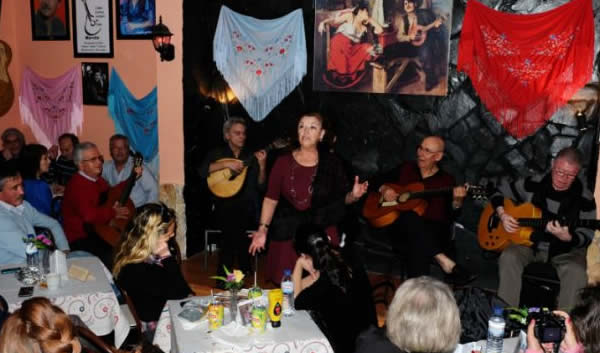
If you’re looking for an authentic fado experience, Lisbon has several fado houses where talented artists perform every night. These venues often combine live music with classic Portuguese cuisine, offering a complete cultural experience.
2.1. Clube de Fado (Alfama)
Located in the heart of Alfama, Clube de Fado is one of the most famous fado houses in Lisbon. The intimate setting, traditional decor, and exceptional musicians make it a top choice for visitors. Many renowned fadistas perform here, ensuring a high-quality experience.
📍 Address: Rua de São João da Praça, 86, Alfama
💰 Price: High (due to the quality of artists and food)
🍽️ Recommended Dish: Try the Bacalhau à Brás (a classic codfish dish)
2.2. Mesa de Frades (Alfama)
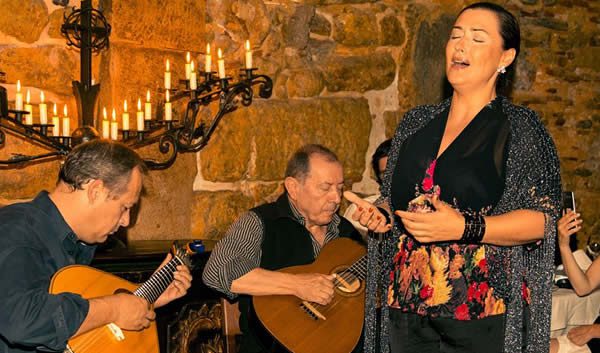
For a more exclusive and intimate fado experience, Mesa de Frades is an excellent choice. Set in an 18th-century chapel adorned with beautiful Portuguese tiles, this venue offers an atmospheric and cozy setting.
📍 Address: Rua dos Remédios, 139, Alfama
💰 Price: Medium-high
🍽️ Tip: Arrive early to get a good seat close to the singers
2.3. Parreirinha de Alfama (Alfama)
Founded by legendary fadista Argentina Santos, Parreirinha de Alfama has been a beloved fado house for over 60 years. It retains a rustic and traditional ambiance, making it perfect for an authentic experience.
📍 Address: Beco do Espírito Santo, 1, Alfama
💰 Price: Medium
🍽️ Recommended Dish: Polvo à Lagareiro (octopus with olive oil and garlic)
Read Also
What to Eat in Lisbon: Traditional Dishes and Culinary Experiences
Alfama: What to Visit in Lisbon’s Most Traditional Neighborhood
Where to Eat Traditional Cod in Lisbon
2.4. Adega Machado (Bairro Alto)
One of the oldest fado houses in Lisbon, Adega Machado was founded in 1937. The venue has a warm and elegant atmosphere, with a collection of historic photos showcasing past performances by famous fadistas.
📍 Address: Rua do Norte, 91, Bairro Alto
💰 Price: Medium-high
🍽️ Recommended Dish: Roast lamb
2.5. O Faia (Bairro Alto)
If you’re looking for a refined dining and fado experience, O Faia is an excellent option. This upscale venue hosts performances by top-tier fado artists, and the service is impeccable.
📍 Address: Rua da Barroca, 54, Bairro Alto
💰 Price: High
🍽️ Tip: Don’t leave without trying the pastéis de nata (Portuguese custard tarts)
3. Casual and Modern Fado Experiences
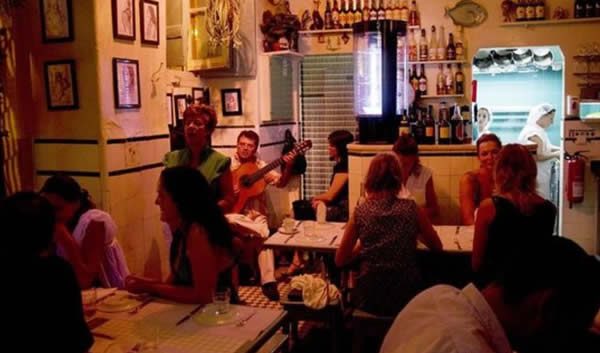
If you prefer a more relaxed fado experience, there are informal venues where you can enjoy fado in a lively and less touristy atmosphere.
3.1. Tasca do Chico (Bairro Alto & Alfama)
This legendary tavern is famous for its “fado vadio”, a spontaneous and raw form of fado where amateur and professional singers perform for an enthusiastic crowd. Entry is free, but guests are expected to order food and drinks.
📍 Address: Rua do Diário de Notícias, 39, Bairro Alto / Rua dos Remédios, 83, Alfama
💰 Price: Free entry (but you should order something)
🍽️ Tip: Try the grilled chorizo
3.2. A Baiuca (Alfama)
Another great spot for fado vadio, A Baiuca is a small and cozy venue where local singers perform close to the audience, creating a unique and immersive experience.
📍 Address: Rua de São Miguel, 20, Alfama
💰 Price: Low
🍽️ Tip: Pair your meal with a glass of Port wine
4. Fado Museums and Festivals
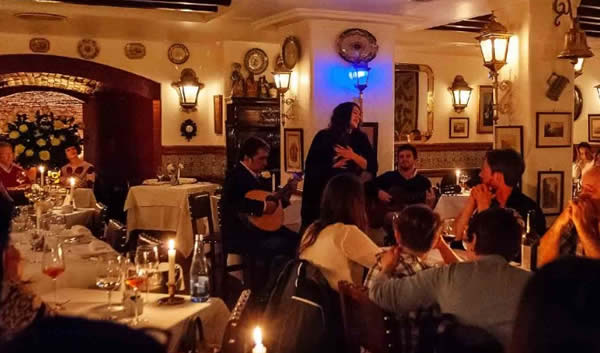
If you want to deepen your understanding of fado, there are several museums and festivals dedicated to this iconic music.
4.1. Fado Museum
The Fado Museum in Alfama showcases historical instruments, recordings, and costumes from famous fadistas. You can also listen to classic fado performances and learn about the genre’s evolution.
📍 Address: Largo do Chafariz de Dentro, Alfama
💰 Price: Around €5
🕒 Opening Hours: 10:00 AM – 6:00 PM (Closed on Mondays)
|
4.2. Fado Festivals
Lisbon hosts annual fado festivals featuring both traditional and contemporary artists:
Santa Casa Alfama Festival – A major event held in Alfama, featuring top fado singers.
Caixa Alfama Festival – Celebrates modern and innovative interpretations of fado.
5. Tips for Enjoying a Fado Show
Book in advance: Popular fado houses fill up quickly.
Respect the silence: Fado is meant to be listened to in complete silence to fully appreciate the emotion of the performance.
Pair it with dinner: The experience is best enjoyed with traditional Portuguese cuisine.
Dress appropriately: Some venues have a smart casual dress code.
Conclusion
Watching a fado show in Lisbon is an unforgettable experience. Whether you choose a classic fado house like Clube de Fado, a casual venue like Tasca do Chico, or a visit to the Fado Museum, you’ll be immersed in the deep emotions and rich history of this uniquely Portuguese art form.
So sit back, order a glass of Portuguese wine, and let the haunting melodies of fado transport you into the heart of Lisbon’s soul. 🎶


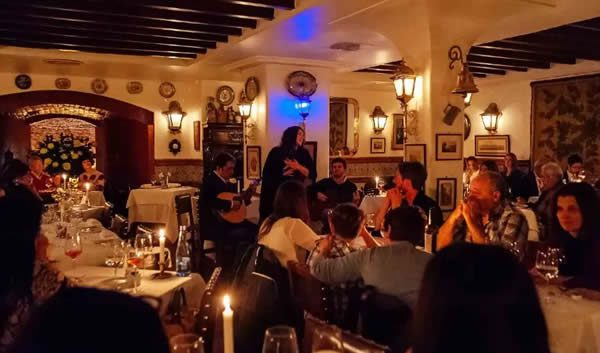
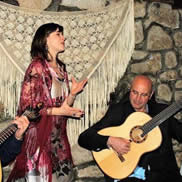
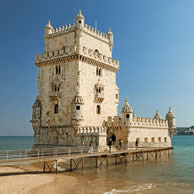 LISBON CITY TOUR
LISBON CITY TOUR